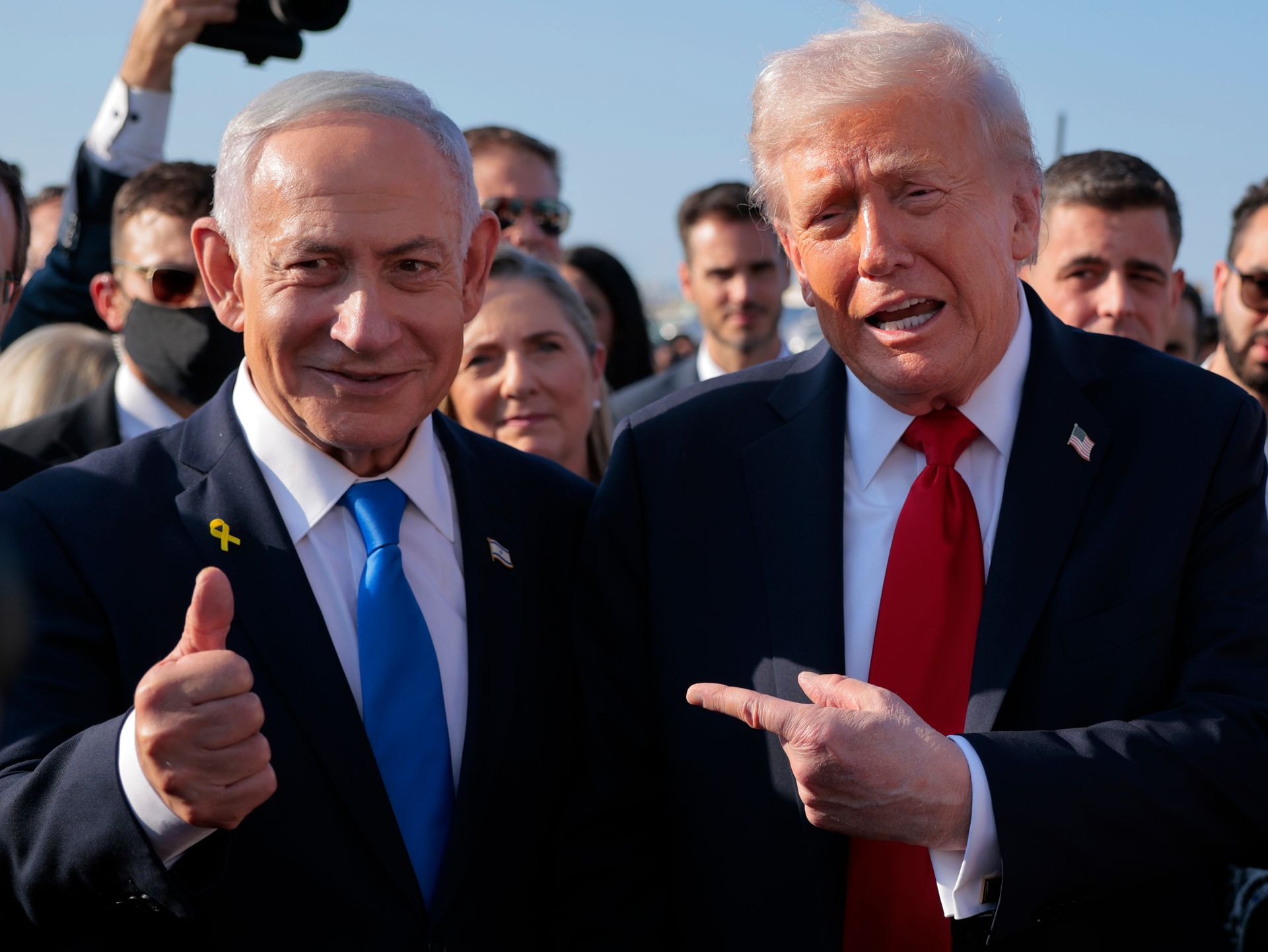Trump says Putin should 'do something' to end war in Ukraine, cites 'a million and a half' Russian losses

U.S. President Donald Trump said on Oct. 14 that Russian President Vladimir Putin should "do something about the war" in Ukraine, calling it a costly failure for Moscow.
Speaking at a joint press conference with Argentina’s President Javier Milei, Trump said Putin "should have won that war in one week" and noted that the full-scale invasion is now entering its fourth year. He called the war "horrible," claimed that Russia has "lost a million and a half soldiers" killed and wounded, and said the war is "making (Putin) look very bad."
Trump’s claim of 1.5 million Russian casualties is not supported by independent estimates. Western intelligence assessments suggest that the combined total of Russian troops killed and wounded may be close to or slightly above 1 million. A joint investigation by Russian outlet Mediazona and the BBC’s Russian service has identified over 135,000 Russian soldiers killed as of October 2025, also well below Trump’s figure.
Trump also praised Ukraine’s defense, noting that "who would think that Ukraine could have fought Russia for four years to essentially a standstill?"
He said that Putin "has got to really settle this war," adding, "you know they have long lines waiting for gasoline in Russia right now… all of a sudden his economy is going to collapse and I’d like to see him do well. I mean, I had a very good relationship with Vladimir Putin, but he just doesn’t want to end that war."
The remarks come days before Trump is set to meet President Volodymyr Zelensky on Oct. 17. Trump previewed the meeting by saying Zelensky "wants weapons, he would like to have Tomahawks, everyone else wants stuff," signaling military aid will be a focus of the talks.
Tomahawk missiles have become a focal point in geopolitical debates as Trump considers sending them to Ukraine to pressure Russia into negotiations.
Earlier on Oct. 12, U.S. president said that he is prepared to send long-range Tomahawk missiles to Ukraine but would first discuss the issue with Putin: "I might have to speak to Russia, to be honest, about the Tomahawks," Trump told reporters. "Do they want to have Tomahawks going in their direction? I don’t think so."
Asked if he meant he would speak with Putin before supplying the missiles, Trump said it depends on Moscow’s willingness to end the war. "Maybe I’ll talk to him. I might say, look, if the war is not settled, I’ll send them the Tomahawks," he said, calling the weapon “a very offensive weapon."
The Tomahawk is a subsonic, long-range cruise missile designed for precision strikes. With a range of 1,600 to 2,500 kilometers (995 to 1,550 miles), it would allow Kyiv to reach targets as far as Siberia.











